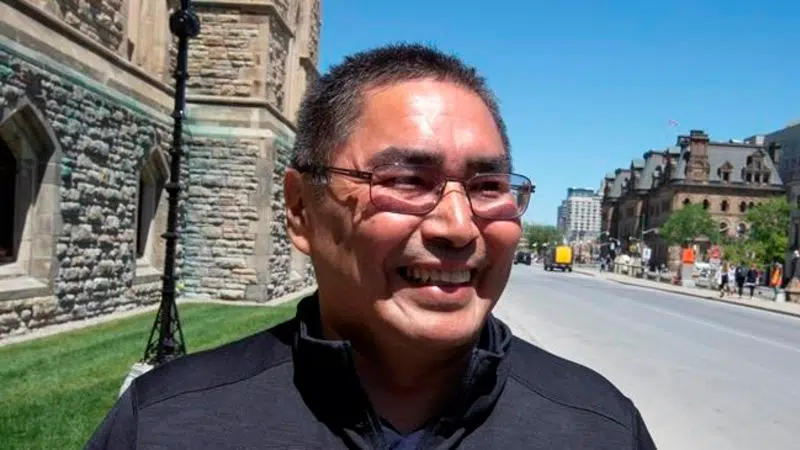
Feds have failed to explain ‘inaction’ in Grassy Narrows: UN rapporteur
OTTAWA — The case of a northern Ontario First Nation plagued by mercury contamination is “emblematic” of an overall pattern of inaction in the face of grave risks to the health of Indigenous Peoples, a United Nations human-rights expert said Thursday — the same day the community’s chief came to Ottawa to urge action.
Baskut Tuncak, the UN’s special rapporteur on human rights and hazardous substances and wastes, said he has heard during a two-week tour with various stops that members of Grassy Narrows First Nation are frustrated and they’re suffering from mercury contamination.
Tuncak released preliminary findings on Thursday about his tour, which involved visiting communities affected by toxins. He is to present his conclusions and recommendations to an upcoming session of the UN Human Rights Council.

